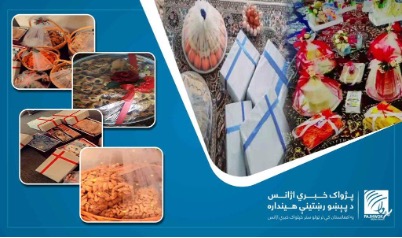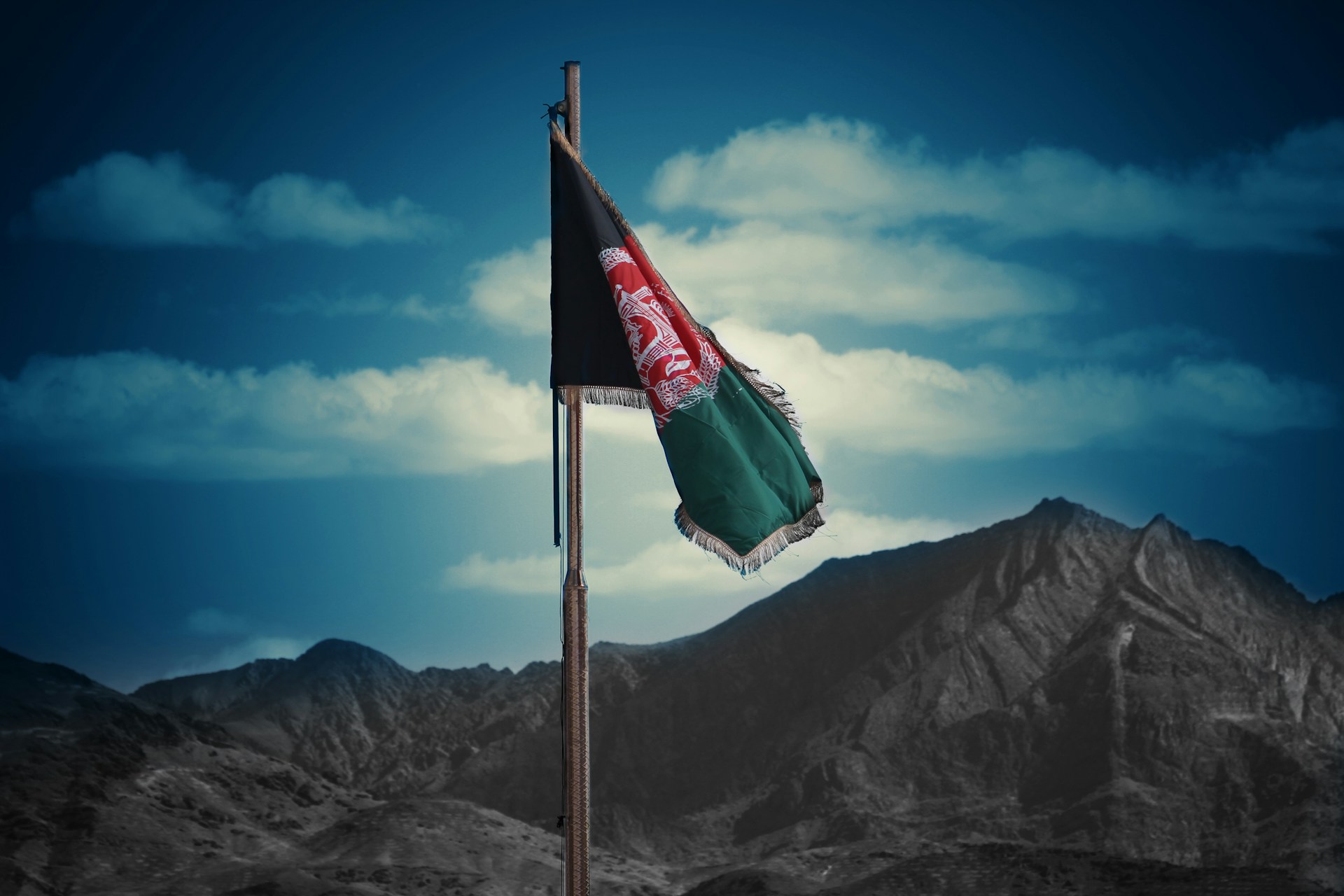Some affiances in northern Jawzjan province have considered some customs and traditions, including taking sweets and clothes to fiancés house on the occasion of Eid an unpleasant and back-breaking, and demanded its prevention.
Purchasing Eid gifts for the fiancé by the groom’s family is a very old custom in Afghanistan, one week before Eid, the groom’s family prepared some jewelry pieces, a kind of complementary clothing, cosmetics, dry and fresh fruit, cake and biscuits and takes them to the bride’s house.
However, a number of young couples in Jawzjan Province termed such customs as undesirable and wanted to prevent them.
Ahmad Javid, a resident of Shiberghan City, said: “I’ve been engaged for three years, observing Eid, Nowruz and Iftar traditions broke my back, believe me, every year more than 150,000 Afghanis are spent on all the rituals.” He is engaged and came to Shiberghan City for shopping.
He is a daily wager and termed these spending back-breaking. He demanded these traditions to be halted.
Mohammad Ashraf, another Jawzjan resident, said: “Today, I borrowed 50,000 Afs to purchase Eidi, I wonder how will I this loan pay back.”
He termed these practices unpleasant and said the bride families should not support these customs.
Binyamin, a resident of Shiberghan City, termed this custom unpleasant, and said: “I have been engaged for a year, but so far I have not been able to hold my own wedding, because my fiance’s family says, you must fulfill all the customs and traditions, I have a shop, with this shop only the household expenses are met, I didn’t even give Toyana, they say that our daughter get married only once, she has a hundred wishes and dreams, the wedding ceremony should be outstanding”
He is the breadwinner of 8-member family and complained against such traditions, he termed them back breading and asked families not to give importance to such customs and thing about the future of their children.
Marjan, another resident of Shiberghan visited the market to purchase Edi. He said taking Edi and Nawruzi were good customs because it promoted love and intimacy but the bride family should not stressed this custom when the groom family is not capable or financially unsound.
“They should do it as much as the groom can afford, but unnecessary and back-breaking expenses should be avoided. I also came to the market today and I buy according to my fiancé’s ability,” he said.
Sakina, the resident of Jawzjan province who was engaged five years ago, said: “Until not I am the victim of these unsavory customs, affiance is in Iran, the money he earned is not enough for Edi so how would he arrange Toyana.”
Shabnam Rasouli, a women rights activist in Jawzjan province, said: “In my opinion, the more simple and easy the Eidi is, the happier a couple will be, and the more obscene customs and luxury are used, the more a couple will have a future full of challenges.”
She said most couples who later get separated were because of unpleasant and unsavory customs.
She also asked the families not to ruin their children’s lives with such views and imitating bad traditions.
Mawlavi Samaruddin, one of the religious scholars in Jawzjan, said: “taking Eid, Iftar and Nowruz, even though has become popular among our people, but it is an unpleasant custom, because if the boy’s family did not have the ability to purchase Eidi, they will have to do it with a loan, which may cause problems in their future life.”
He said: “Currently, due to exorbitant expenses of weddings, such as Toyana, Qlin, high dowry, purchasing Eidi and Nowruz, youths got married at higher age and because of these exorbitant expenses, young people cannot get married, which is a kind of extravagance and extravagance is forbidden in Islam.”
A large number of affiances have ask all families to abandon these unpleasant customs and join hands to strengthen the economic conditions of both families.
nh
Views: 55












